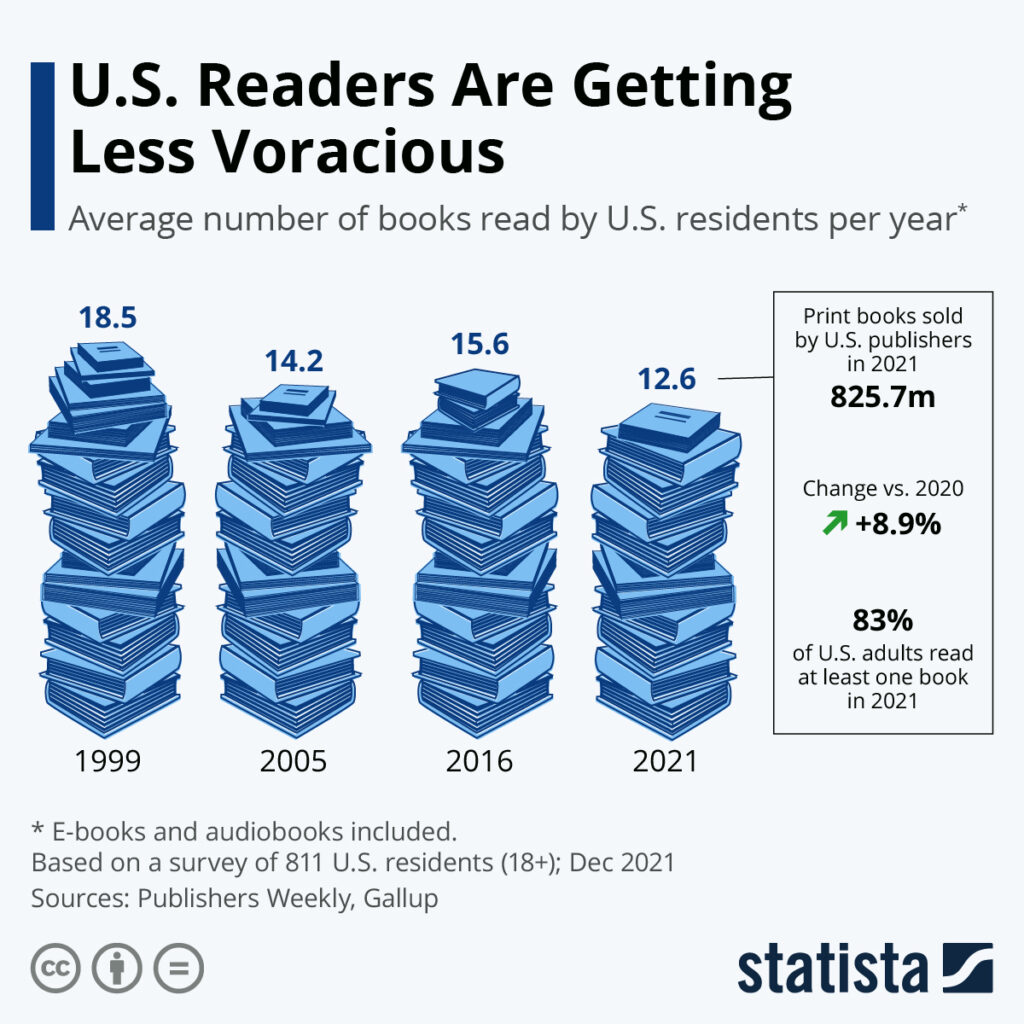Investors take heed: You are what you read.
Absorbing market mayhem by perusing social media shatters more wealth than any Bear Market. Doom scrolling never made anyone financially more prosperous except for the conflicted content creators taking advantage of their prey’s fluctuating emotions.
The solution is to read more books.

Exercising critical thinking muscles never impaired anyone. The unlikeliest of books often provide the best life and investment lessons.
I consumed the massive 800-page Napoleon A Life by Andrew Roberts this summer. No regrets.
Napoleon was a thought-provoking and misunderstood dude. The standard narrative of him being a war-monger is very nuanced. Most wars The Grand Armee’ fought were declared on France, not vice versa. He didn’t want the lands he conquered to be ruled by Frenchmen and worked hard at winning over the locals.
The vested interests wanted to keep their monarchies in place and created coalitions to stop the spread of ideas from the Enlightenment, but Napoleon had different plans.
He wanted to advance the concepts of the French Revolution far and wide, minus the reign of terror and Guillotines. Abolishing the feudal system, Papal Power and reforming the education system were at the top of the list. Other priorities were meritocracy, modern infrastructure, religious freedom, property rights, and establishing a uniform code of laws.
This is not to say Napoleon did not have faults. His wars cost millions of lives, along with the resulting disease and destruction of property.
We need to begin with his invasion of Russia in 1812. Trying to conquer a nation with twelve different time zones is historically atrocious.
Napoleon planned to swiftly draw the Russian Army into a decisive battle, resulting in the Tsar asking for terms. The idea made sense. Napoleon won many previous battles by using his superior strategic skills and concentrated his forces when his enemies were most vulnerable.
The Russians had other ideas. They refused to fight. They adopted a scorched earth strategic retreat, leaving Napoleon’s Army with over-extended supply lines. Worse, they were drawn deeper and deeper into the colossal Russian state with winter fast approaching.
This culminated in a colossal defeat and the loss of about 500,000 killed out of an initial invasion force of 600,000. The end of Napoleon’s reign followed shortly.
This brings us to the investing component. How can we learn from one of Napoleon’s biggest mistakes?
- Underestimating Risk: Napoleon underestimated the harsh Russian winter and the country’s vastness. Investors should never minimize the risks associated with their investments. Diversification and risk assessment are essential weapons in fighting the daily battles of the stock market.
- Overconfidence: Napoleon’s past success deluded him into thinking his Russian foes would meet the same fate. Investors need humility as a critical component of their portfolios. Just because someone is successful in one field doesn’t translate well into conquering the financial markets.
- Failure to Adapt: Napolean stubbornly stuck to his strategy despite his army facing logistical and supply constraints. Markets change like a battlefield. Not adapting your financial plan to major lifestyle revisions is a recipe for disaster.
- Ignoring the Importance of Timing: Napoelean delayed his retreat from Russia, allowing the bitter winter to decimate his troops. A clear entrance and exit strategy based on the time frame of specific goals is essential for achieving them. Confusing savings and investing is a fatal error.
- Overextending Resources: Napoleon stretched his gigantic army to the limit during his Russian invasion. Supply lines were shattered, and so were his forces. Investors often concentrate too much of their capital on a single sector or other type of investment, creating instability and increased chances of the depletion of their investment supply lines. Recklessly using leverage also contributes to the problem.
Who would’ve thought a biography about an ancient French Emperor would provide so many clues regarding the investing landscape?
Do yourself a favor and choose wisely what you decide to read.
Place books at the top of the list and drown out the chatter.
Timeless wisdom never grows old.





